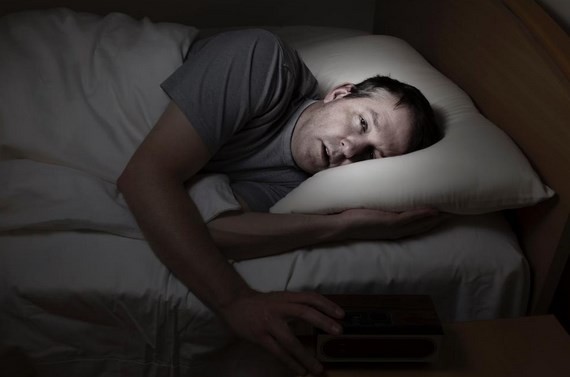Insomnia is the condition where a person has trouble falling asleep, difficulty staying asleep throughout the night, or waking up too early in the morning.
Research findings revealed that people who work in the night shift present the highest degree of impairment in both productivity at work and cognitive functionality, as per Science Daily.
Results further revealed that the impairment at the workplace was worse in alert insomniacs those with excessive sleepiness. Alert insomniacs are also reported to have higher fatigability than sleepy insomniacs.
MEG Neuroimaging Center Director and Principal Investigator Valentina Gumenyuk said that their research findings are helpful to those who are working in the night shift. She added the research findings needs clinical attention as treatments to alleviate excessive sleepiness may not adequately develop work-related outcomes.
Gumenyuk's team conducted the study at Henry ford Hospital in Detroit, Michigan. The trial included 34 permanent night workers and 26 of the participants were diagnosed with shift work disorder. The protocol had the subjects stay awake for 25 hours inside a private room with dim lighting.
Brain activities involving memory and attention as well as functional abilities were measured by an EEG cap worn by the subjects. A test called nocturnal multiple sleep latency test (MSLT) assessed objective sleepiness, in which the subjects completed a set of questions to evaluate sleepiness, the extent of insomnia, and work functionality.
The test suggested impairments in people who have lack of sleep and these can lead to serious adverse effects to the safety at the workplace as well as to overall occupational health.
Shift work disorder is linked with a recurring work schedule, as per the American Academy of Sleep medicine. Schedules such as night shifts and rotating shifts, which coincide with the regular sleep-rest patterns, may affect work productivity due to the decrease in total sleep time along with insomnia and excessive sleepiness.
According to Sleep Education, about 30 to 35 percent of adults face insomnia as problems in their sleep-wake cycle. The sleep problem is more common in older adults, women, people under stress, and those with health problem like depression.
Treatment for insomnia includes sleep medications to induce sleep, bright light therapy to reset circadian rhythms, and cognitive behavioral therapy, which suppresses thoughts and behaviors that keep a person from sleeping.



























